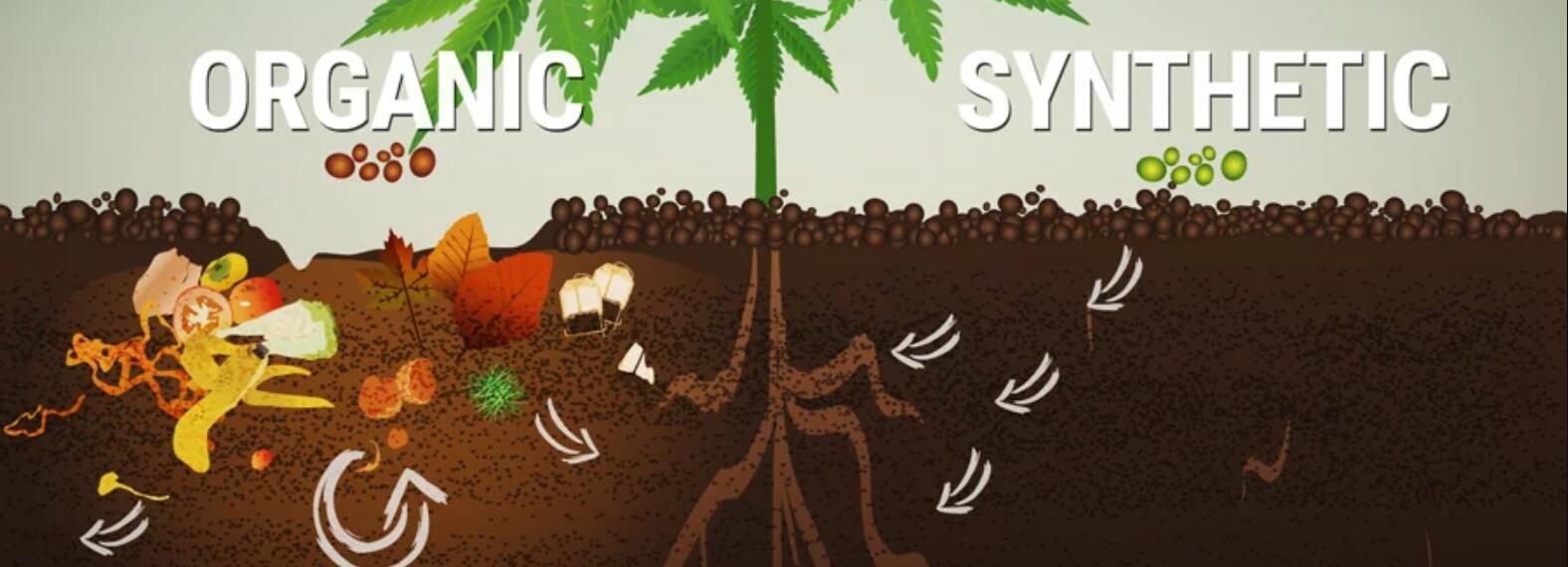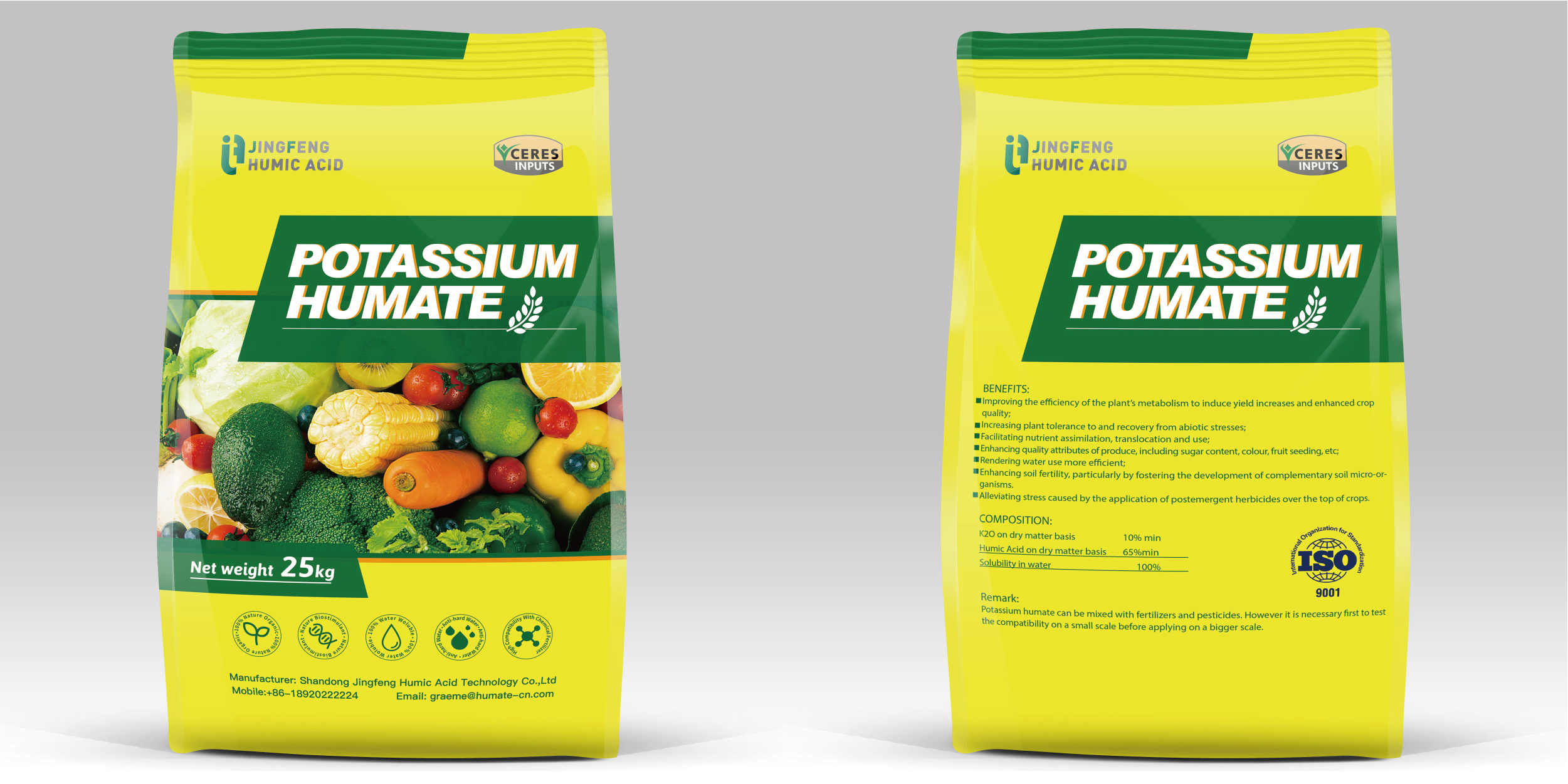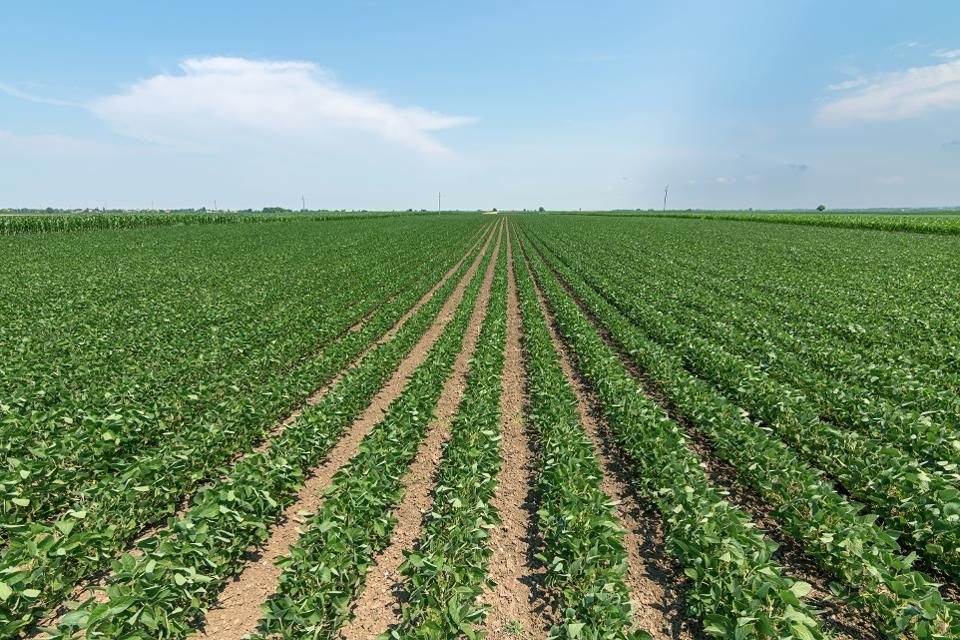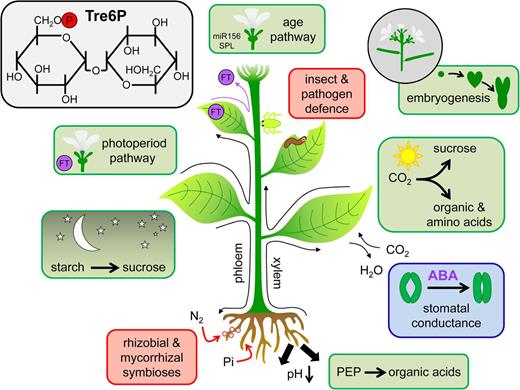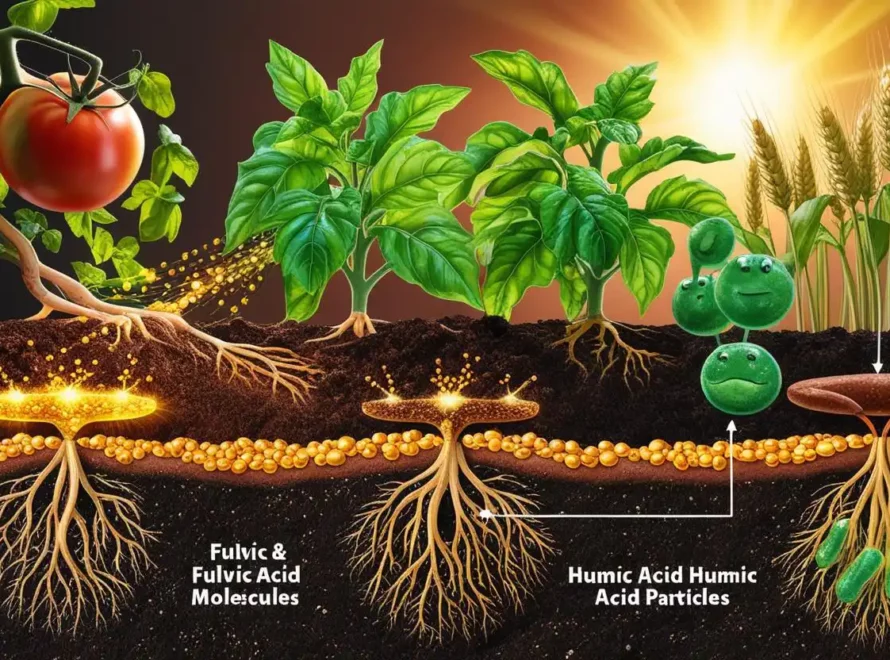The humic acid benefits for soil is obvious.
The functional groups of humic acid are easy to solidify with calcium ion in soil. And then promote the formation of soil aggregates through the physiological action of plant roots. So that the porosity of soil is relatively increased and the permeability is better. Which is beneficial to the absorption of nutrients and normal growth of crops. The acidic functional groups of humic acid can neutralize with the alkaline substances in saline-alkali soil and adjust the PH of soil. So as to achieve the effect of salt and alkali treatment.
 The humic acid can reduce the harm of salt
The humic acid can reduce the harm of salt
The humic acid substance can also destroy the salt to rise along the capillary pore along with the water. Reduce the content of the surface soil salt. Can reduce the harm of the salt to the seedling. And can make some insoluble nutrient substances to form a soluble salt.
Or make a complex and soluble in water to be easily absorbed by the crops. Because the humic acid is a multi-type molecular organic compound, the gas capacity is large.
So that it can also provide sufficient carbon and nitrogen elements to the soil microorganism. Improve the living environment of the soil microorganism. Promote the soil microbial metabolism activity and the growth and development. And increase the quantity and the enzyme activity of the soil beneficial microorganisms.
The humic acid benefits soil
The benefits of humic acid for soil improvement has been recognized by everyone. And there are many reports, the release and transport characteristics of nutrients in humic acid fertilizer in soil and the effects of humic acid fertilizer on soil were studied. The results showed that compared with inorganic fertilizer with equal nutrients.
The application of humic acid fertilizer not only increased crop yield. But also increased the nutrient content in soil after harvest. Especially on the content of available phosphorus in soil. Humic acid was used as soil structure improver to improve the physical properties of red soil.
In addition, humic acid-based copolymer also had an effect on soil enzyme activity. which could enhance the activities of soil sucrase, urease, protease and polyphenolase. So that the soil was more suitable for the propagation and growth of soil microorganisms and the microbial biomass in soil was increased.

